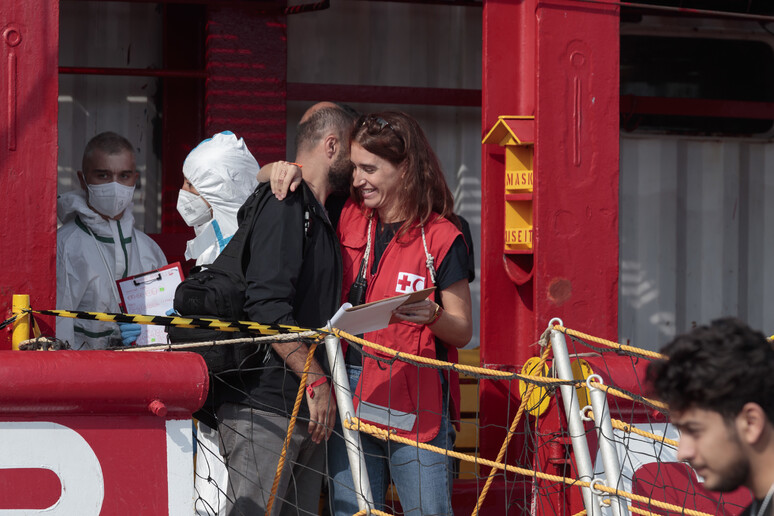The Bologna court that referred a new
government decree listing safe countries for repatriation to the
European Court of Justice on Tuesday questioned the principle
according to which a nation in which the majority of the
population lives in security can be described as safe, given
that the international protection system is aimed in particular
at protecting minorities, citing the paradox of Nazi Germany.
Nazi Germany was extremely safe for the great majority of the
German population, with the exception of Jews, homosexuals,
members of the political opposition and Roma people, it said.
The Bologna court referred to the European Court of Justice the
decree to ask which parameter should be used when determining
safety and whether the principle of the primacy of EU law should
prevail if a conflict arises with Italian legislation.
The legal questions were issued in relation to an appeal
presented by an asylum seeker from Bangladesh against the
territorial commission for the recognition of international
protection.
And the court explicitly referred to Bangladesh, which the new
decree lists as a safe country, recalling that international
protection is granted to Lgbtqi+ community members, victims of
gender violence, ethnic and religious minorities and people
forcibly displaced by weather-related events.
The spirit of the decree, suggested the court, would have the
nature of a "political act, determined by the superior needs of
the government related to migration and the defence of borders,
regardless of the information and the judgement expressed by
members of ministerial offices regarding the security conditions
of the designated country".
The decree greenlighted by the government on October 21 listing
19 countries as safe said Italian courts cannot rule against it
on the basis of an October 4 European Court of Justice sentence
based on which Rome judges had nixed the detention of a group of
migrants at a new Italian-run centre in Albania.
The 19 newly approved safe countries whose status is bolstered
by the new 'primary' legislation, which was issued three days
after the Rome court's ruling, are: Albania, Algeria,
Bangladesh, Bosnia-Herzegovina, Cape Verde, Cote d'Ivoire,
Egypt, Gambia, Georgia, Ghana, Kosovo, North Macedonia, Morocco,
Montenegro, Peru, Senegal, Serbia, Sri Lanka and Tunisia.
ALL RIGHTS RESERVED © Copyright ANSA











